Planning for Success: Building A Strategic Framework
Organizations that establish a strategic framework are more likely to have a positive culture, more engaged employees, and long-term success. Successful businesses do not assume that things will work themselves out over time. Instead, business owners and key decision makers work to develop a set of long term organizational goals the reflect where they want their business to go. Building an organizational strategic framework consists of several components designed to identify the organizations values, goals, and most importantly their WHY.
A good strategic frame work will focus on four main elements: Vision, Mission, Time Frame, and Objectives.
Vision Statement:
A vision statement typically provides a picture of what the organization wants to become. It should resonate with all members of the organization so they feel proud, excited, and motivated to be a part of the organization and that they are contributing to something bigger than themselves. This vision statement should be concise and to the point in order to be memorable to the organization’s team members. The vision statement should be the picture of the desired future of the organization. Don’t be overly concerned with the infeasibility of the vision, but instead, focus more on providing motivation and direction through the vision statement.
Mission Statement:
A mission statement should also address the organization’s purpose, but in a more realistic fashion. Mission statements set out the reasons that the organization exists, their “why,” and what they hope to achieve. It may contain a definition of why the organization exists, the essential priorities of the organization, or it could address the markets served and the values to which it adheres. The mission statement should clarify what the organization does, what it will do, and who it serves. The mission statement should be assimilated and integrated in to the organizational culture, each member of the organization should be able to verbally express the mission and all employees’ actions should demonstrate the mission statement within the marketplace.
Time Frame:
The strategic time frame refers to the amount of time that the organization will need to spend pursuing medium and long-term goals. Defining a strategic time frame will give every member of the organization a common frame of reference. Every organization’s strategic time frame to accomplish its goals will be somewhat different, but a good rule of thumb is to establish a time frame of goals to reach in five year increments.
Objectives:
Strategic objectives are the goals that the organization aims to achieve. Of course, many goals can be pursued at the same time with each of those goals set to be achieved at varying strategic time frames. These strategic objectives should include elements already in place and those yet to be finished. Strategic objectives can then also build upon each other. For example, Goal 1 must be achieved before Goal 2 can be pursued, etc. Each element will represent a strategic objective that the organization must achieve to serve the broader mission and vision of the organization.
Establishing a strategic framework can be essential for an organization to understand who they are, where they are going, and why. Organizations whose employees understand their mission and goals enjoy a 29% greater return than organizations that do not have a defined mission (Watson Wyatt Work Study). Employees want their work to make a difference and to have a purpose, but 75% do not think their organization’s mission statement correlates with how they do business (Tom Terez, “Workplace 2000 Employee Survey”). Could this possibly describe your organization? In order for you to have a more engaged workforce and positive culture, a vision and mission must be clearly defined and lived up to. If you feel your organization could be helped by a more defined strategic frame work, but you are unsure on where to begin, let Exodus HR help guide you through that process to have a more engaged workforce and successful organization.








